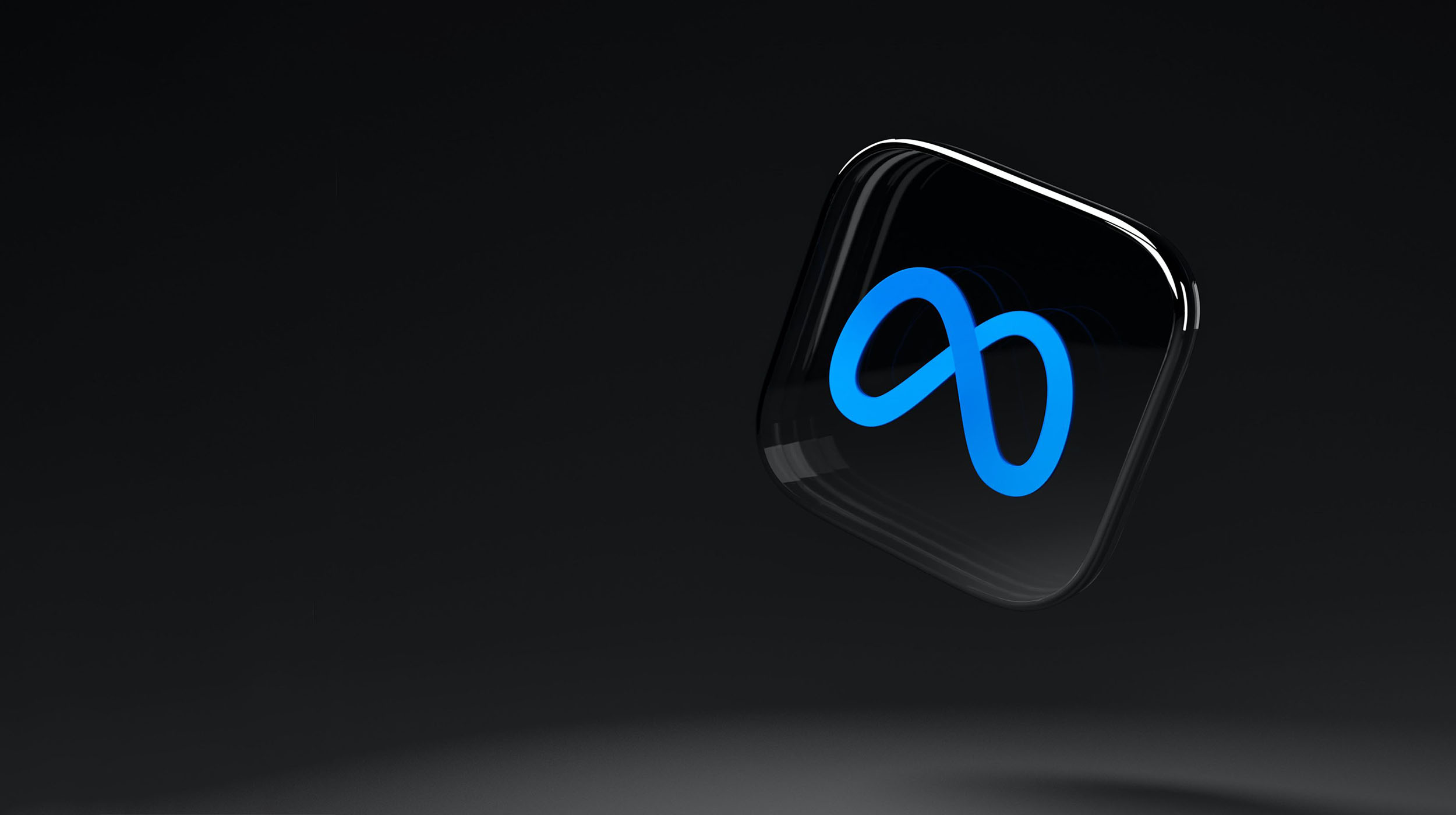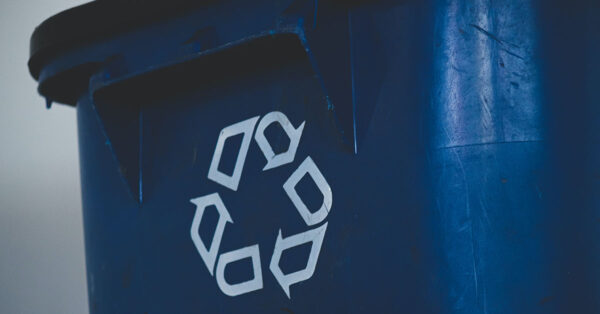First Facebook. Next the Braves?
“Authenticity is what drives relevance today, and the biggest risk is to not be relevant…. What’s so beautiful about this is that it’s an authentic evolution of [the] brand.”
That’s Angelique Rewers, CEO of the consulting firm BoldHaus, rhapsodizing over one of the most talked-about name changes—talked about in some circles, anyway—in the recent past.
No, not that one. Not Facebook.
Rewers’ comment goes back to August 2021, two months before Facebook metamorphosed into Meta, when Kanye West took steps to change his name to Ye, a nickname he’s embraced for years. “He’s doing something that garners attention from the media and therefore drives awareness among consumers,” says University of Virginia marketing professor Kim Whistler. Eric Schiffer, CEO of Reputation Management Consultants, says that “single syllables are easier to communicate and have a cool factor within entertainment and the general populace.”
Facebook also swapped out a longer name for a shorter one—exactly 50% shorter—and likewise garnered media attention and public awareness, but not in a good way. Google “Facebook name change” and words like “confusing,” “distraction” and “sideshow” come up frequently.
Some of the confusion is due to the fact that the rebrand applies to Facebook the company, not to Facebook the social media service. The company’s other assets, including Instagram and WhatsApp, are keeping their names—and you can still use “Facebook” as a verb.
That said, the change is unlikely to enhance the company’s public image, according to Georgetown University business professor Brooks Holtom. “With Facebook facing so many missteps and public criticism tarnishing the brand,” he says, “people in the know won’t be fooled by this rebranding.”
The very point of rebranding, of course, is to build on the truth of your brand, not fool people about it. And if your brand is in trouble, as Facebook’s most assuredly is, the last thing you want to do is make a bad situation worse. (Or worser: In the Facebook lexicon, “meta” is short for “metaverse.” But in at least one language—Hebrew—“meta” translates as “death.”)
Carefully planned and deftly implemented, a new name can strengthen a faltering brand, refreshen one that’s slipping into irrelevance, or, in some cases, remove the stigma of an offensive one. The sports world offers several instructive examples.
Later this year, the erstwhile Cleveland Indians will take the field as the Cleveland Guardians, and the Washington Football Team—that’s their official name for now—will be rechristened as something other than the Redskins. Both name changes address charges of racial tone-deafness that go back decades
To be sure, the Cleveland and Washington clubs are hardly outliers: Professional and collegiate sports have a rich history of names that are callous, hurtful or just plain wrong. The more printable include the Nashville Predators (NHL), the Washington Bullets (NBA) and the Nevada Lunatics (baseball minor leagues).
And then there are the World Champion Atlanta Braves, long-time hold-outs against charges of insensitivity to indigenous peoples. The “Braves” moniker is bad enough, many believe, and the fans’ “tomahawk chop” gesture adds insult to injury, “indicating a fundamental misunderstanding of who Native Americans are,” says Heather Whiteman Runs Him, a law professor and director of the Tribal Justice Clinic at the University of Arizona. “I think the team needs to condemn that behavior.”
Here’s a thought: In 1936, the Braves, then based in Boston, were renamed the Bees, only to be re-renamed the Braves five years later. Re-re-renaming the Braves the Bees today could be a big step toward removing the sting of perceived racism from their brand.
Or, the Braves could poach the identity of their New York foes, buy a vowel, and call themselves the Atlanta Metas. Like Facebook’s new name, confusing and distracting, perhaps. But definitely memorable.




